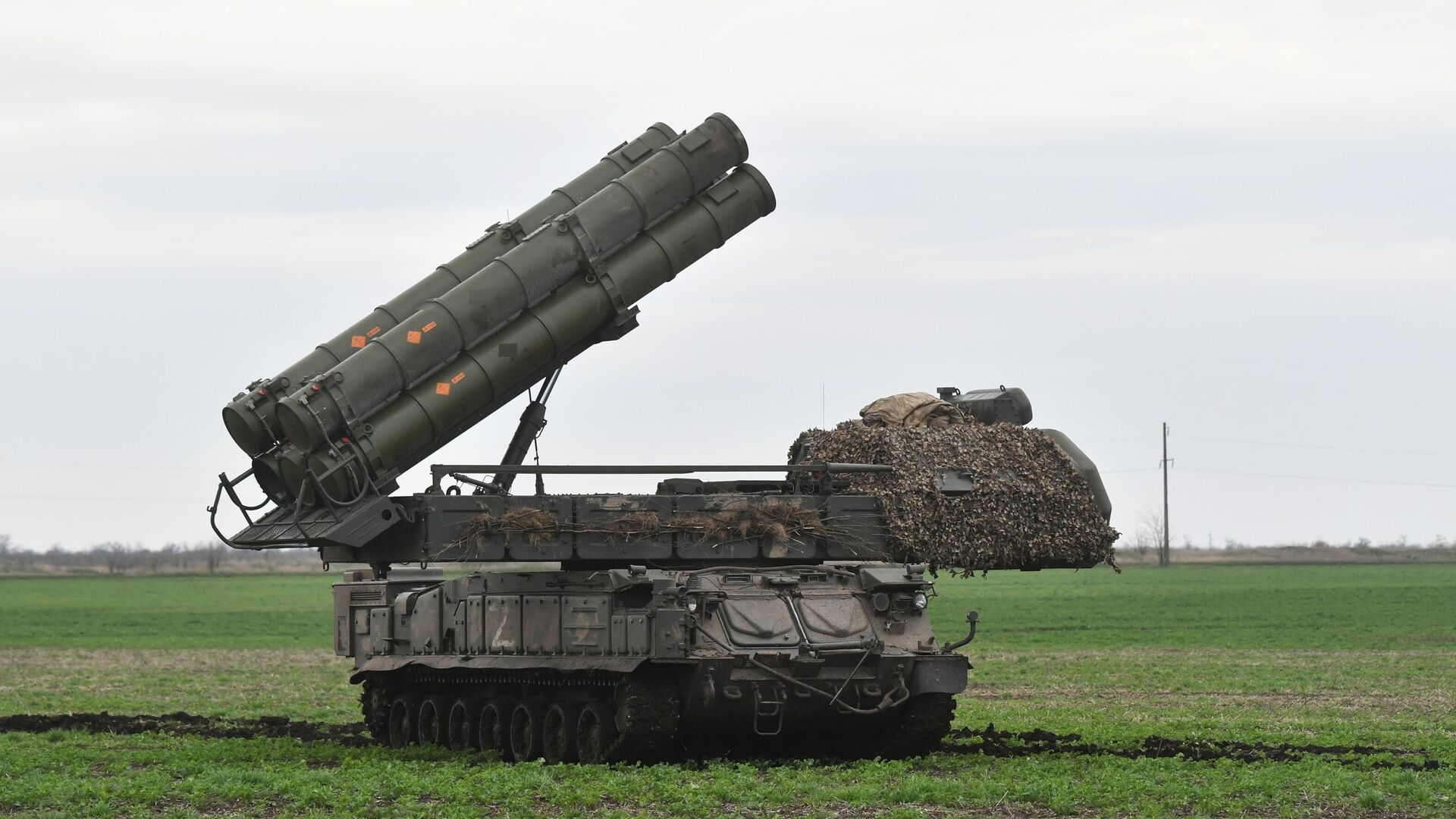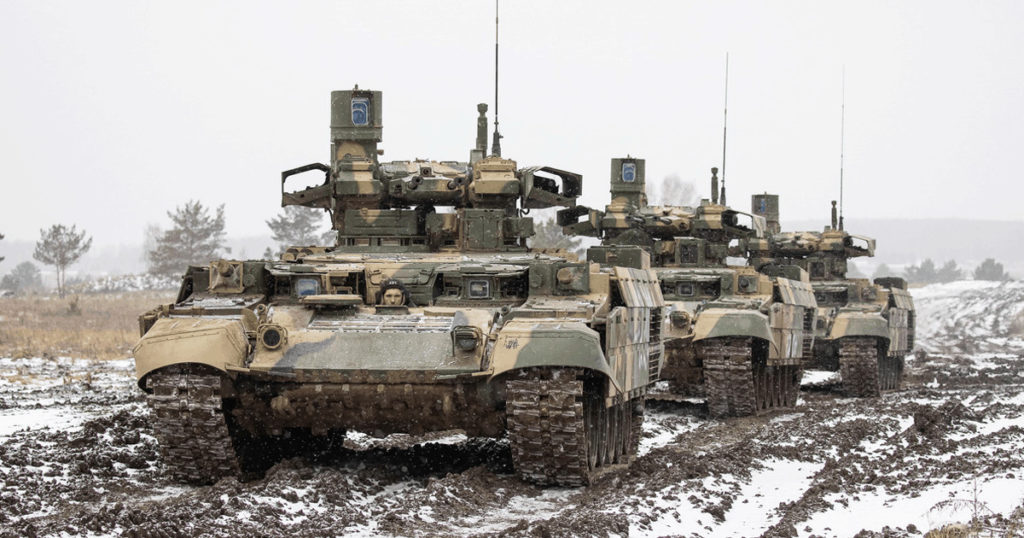The Turkish government has blocked the supply to Russia of Western-made goods that can be used for weapons production.
According to the FT, Ankara has not officially announced the restrictions.
Such a decision was made after the United States threatened Turkey, which did not join Western sanctions, with consequences for supporting the Russian defense industry.
Now, Turkish exporters are prohibited from supplying products to Russia that are included in the list of 50 “high priority” goods.
These goods have been identified by the U.S., EU, UK and Japan as critical to the Russian military industry.

These goods include advanced electronics, including processors, memory cards, control systems, machine tools, and other equipment used in the production of weapons.
According to one of the FT sources, Turkey didn’t make those restrictions public since it is a politically sensitive issue.
Joe Biden’s administration has made significant efforts to stop the supply of goods used in the production of Russian weapons.
In August 2024, U.S. Assistant Secretary of Commerce Matthew Axelrod met with Turkish officials and top executives in Ankara and Istanbul in an effort to prevent advanced American technology from reaching U.S. adversaries.

Axelrod warned Turkish representatives of unpleasant “consequences” if they did not block the supply of such products to Russia.
“We believe that the Turkish government has heard our concerns and understands them. We believe, not without reason, that cooperation will be strengthened,” Axelrod said in response to the FT’s inquiry.
The supply of western-made products through Turkey has been severely reduced after the United States announced in December 2023 that it would impose secondary sanctions on banks in other countries that service transactions with sanctioned goods.
As a result, Turkish banks began to refuse to conduct such transactions.

Before the war in Ukraine began, monthly exports of high-priority goods from Turkey to Russia were only about $3 million a month. By December 2022, they had soared to $37.6 million, according to Turkish statistics.
Shortly before the announcement of secondary U.S. sanctions, it was $26.5 million, and in July 2024, it dropped to only $4.5 million.

